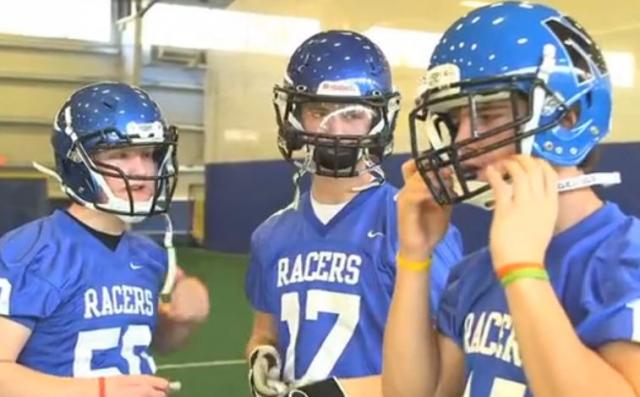Last week many of the technology manufacturers who have been working
diligently to produce products to make helmeted sports such as football
safer were dealt a severe, if not crippling, blow by the National
Operating Committee on Standards for Athletic Equipment (NOCSAE) when,
out of the blue, it decided to view
modification of helmets with third-party after-market add-ons as voiding its certification, which could only be regained if
the helmet is retested with the add-on.

Brooke de Lench believes that the new NOCSAE ruling voiding the certification for sensor-equipped helmets could not have come at a worse time, just as football - from the youth level to the NFL - is gearing up for the 2012 season. If not reversed or modified, de Lench fears that it will have harsh real-world consequences; not just on sensor manufacturers but on player safety and consumer choice.